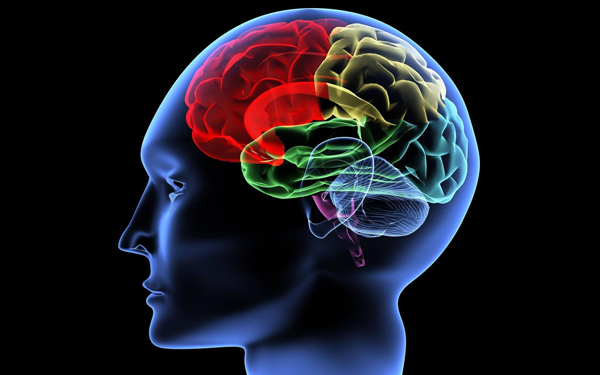In the 21st century, the one who does not want to learn is illiterate
If you are going for work every day by same road, if you are requesting the same food at home or at any food station, if you are rereading the same book a couple of times, if you are constantly listening to the music of the same style or by the same author, if you are tagging the Facebook page for the 100th time, then you, regardless of age, doom your brain cells to inaction. While, they need training, just as the body muscles. But as we usually are lazy to do exercise at least for 5 minutes, so we do not rush to make our brain work and complain after age 40 that “we are no longer the same as before.” The low self-appraisal “stimulates” the deepening of laziness, “No, I am no useful anymore.”
And vice versa, if you do math in your mind and not with a calculator, if you recite poems by heart, if you try to know different languages, if you are not prejudiced in favor of any music style and the meal and are ready to try them, if you set a “plan” to learn something new every day from the sphere “far away from yours” (in my case, it is, for example, the quantum physics), then you keep your brain in a “good physical shape”, and you will not complain of the “old-age manifestations” at the age of 40, 50, and 90. The notions about the “brain aging,” in my opinion, are prejudice, everything is in our hands.
The key word here is the “learning” and not to stop this process a moment. On business, I often hear people, who once have learned something and then for years or even decades later, they have stopped learning. They go to “press clubs” and begin “spinning” their long-worn record disc. To some people, this obtains a pathological nature and is called a “neophobia,” when a person has a morbid fear to anything new and any change. One of the reasons for this “phobia” is the fear to abandon the “comfort zone”. People who do not learn new things, especially the politicians, are simply lazy, “I will go to the club, I will tell what I know and will handle it somehow.”
American researcher Alvin Toffler wrote nearly 30 years ago, ““The illiterate of the 21st century will not be those who cannot read and write, but those who cannot learn, unlearn, and relearn.” Indeed, in the post-industrial societies, the processes are moving fast and dynamic, and in this event, the most difficult task is to review what you learned. True, in high sense, the pupil does not insist that his wrong learning is an eternal truth, he learns on his own mistakes, he learns from the books, the Internet, from the contacts with people, and in general, from the life.
And what prevents people from learning? It seems to me, first of all, the vanity. When mature, it seems to us that we are unbeatable masters in this or that area and we no longer need for any new knowledge. While learning and keeping the brain in the working mode is necessary to advance in your specialty. Without realizing your own mistakes and correcting them, the man cannot develop. The wrong thing is to reject your mistake, “hiding” from your mistake, running away and putting the responsibility on someone else. The true pupil finds strength in himself to correct the consequences of his mistake, thereby he does not punish himself but learns. If the man proudly tells that he has not changed anything in his work and professional approach over the last 10 years, then he is not a very smart man. In the 19th century, this perhaps was acceptable, in the 20th century, it is suspicious, and in the 21st-century, it is a perfect nonsense.
… “If you understand others you are smart. If you understand yourself you are illuminated,” says Lao Tzu.
Aram ABRAHAMYAN
“Aravot” daily




















































